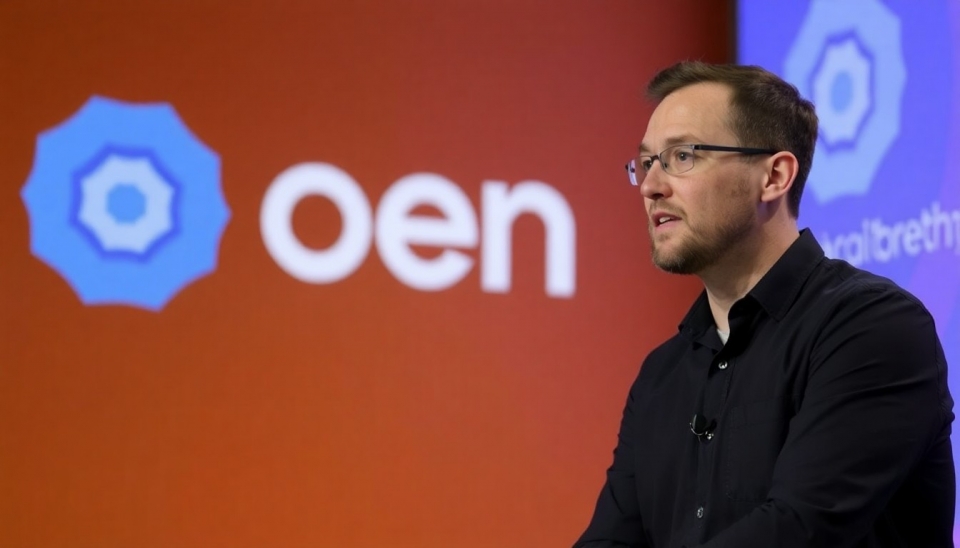
As artificial intelligence continues to advance at a breakneck pace, Google has initiated a revolutionary overhaul of its search mechanism, aiming to redefine how users interact with the web. This transformation is spurred by the rapid rise of AI-powered chat models like OpenAI's ChatGPT, which have raised the bar for information retrieval and user engagement.
The cornerstone of Google’s ambitious project is the integration of sophisticated AI capabilities into its search engine. By leveraging natural language processing and machine learning algorithms, the tech giant seeks to offer users refined search experiences that go beyond conventional keyword queries. Instead of merely providing a list of links, Google's new approach aspires to understand user intent more profoundly, providing deeper insights and more interactive results.
This AI-driven search tool is designed to cater to a diverse range of user needs. Google's enhancements are not limited to simply answering questions but also include generating summaries, suggesting related topics, and providing contextual background information. This means that when users enter a search term, they can expect an engaging dialogue that evolves according to their interactions, effectively mimicking human-like conversational patterns.
In response to the growing competitiveness from AI chat tools, Google's strategy comes as a direct challenge. The paradigm shift initiated by platforms such as ChatGPT has highlighted a significant demand for intuitive search interfaces capable of understanding nuances in queries. Consequently, Google aims to blend its extensive database of information with enhanced AI functionalities, thereby creating a more immersive and personalized search experience.
Moreover, this technological evolution extends into visual and audio content, enriching the search dynamic further. Google is not only focusing on textual responses but also on incorporating visuals, videos, and audio snippets to provide a more holistic approach to information dissemination. This multi-modal capability positions Google to cater to a broader audience with varying preferences for content consumption.
However, the journey to revamp search functionalities through AI is not without challenges. There remains a delicate balance between providing accurate information and ensuring responsible AI governance. Google is actively addressing concerns around misinformation and algorithmic bias, ensuring that the AI tools uphold ethical standards while being user-centric.
As Google continues its race against emerging AI technologies, industry watchers remain eager to see how effectively it can integrate these innovations into its core offerings. The stakes are high, as the future of search on the web could transform considerably, potentially leading to a shift in how we access and interact with information online.
Overall, Google’s strategic pivot toward AI-enhanced search capabilities signifies a pivotal moment in the digital landscape, setting the stage for an exciting yet competitive future dominated by intelligent machines that aim to understand and serve human needs more intuitively.
In conclusion, the race is on for the future of the web as tech giants like Google and new AI players vie for supremacy in redefining how we seek information. This evolution promises not just to change search engines but to enhance how we engage with knowledge on a daily basis.
#Google #AI #SearchEngine #ChatGPT #TechnologyInnovation #DigitalFuture
Author: John Miller




